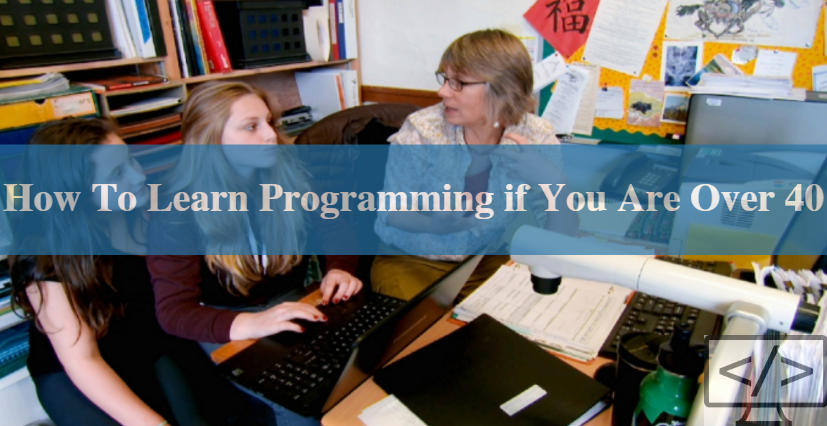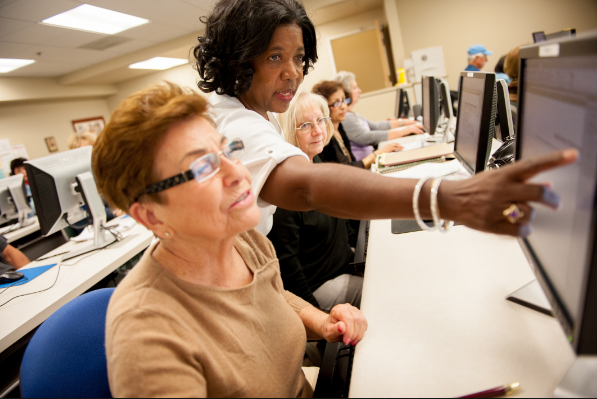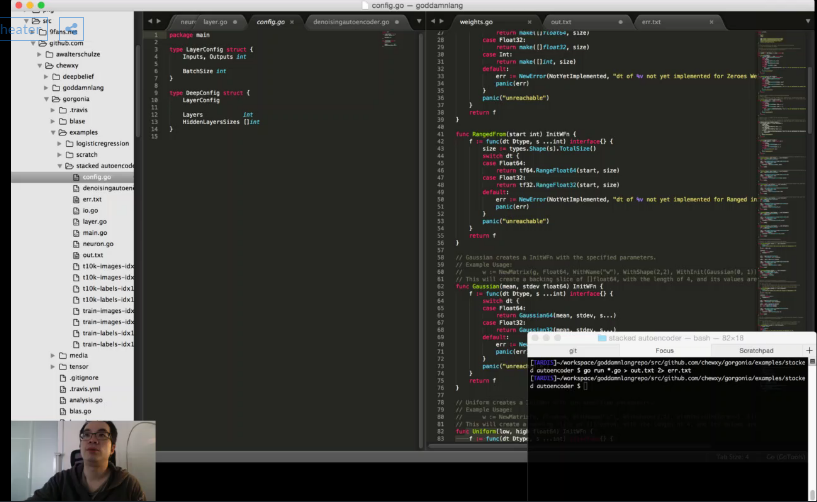
Learning is all about sustaining the different challenges in life. If you are learning new things constantly, you are on the right path of exploration. As the old saying goes, “There is no age for learning.” Anyone can learn anything at any age.
However, if you ask people above the age of 40, they will most probably question their ability to learn. When asked about programming, the optimism starts to die down more. It’s true, the older people get, the less likely they are to pursue knowledge in comparison to young people or something to this effect.
In today’s article, we will go through a simple guide for people above the age of 40 who are interested in learning to program. Programming is the most sought out profession right now with more needed in the distant future.
Also, there are many people who are in their late 30s and want to move to programming because of automation and the fear of losing their job. They are mostly riddled by their self-doubt rather than the ability to learn.
This post will enable them to clear all doubts and make them better learners. If you are young, you can still continue reading the article as the advice can give you an interesting perspective on your learning experience.
Check out mdixon51, who is above the age of 40 and has 6 years programming experience. He is trying out Codebyte challenges.
However, before we dive deep into the main topic, let us explore more about how intelligence changes after a certain period of time.
How our intelligence works when we level up
To understand how an individual’s intelligence works, we first need to understand the difference between fluid intelligence and crystallized intelligence.
Fluid intelligence is your ability to solve new problems as they come. It can easily be described as the ability to solve problems and seamlessly adapt to new situations. Crystallized intelligence, on the other hand, is the ability to use your knowledge and experience to solve problems around you. Read more about them here.
Now, these two type of intelligence changes over time. Fluid intelligence decreases with time whereas crystallized intelligence improves over adulthood.
So does learning to program after 40 is worth it?
When it comes to programming, you are better to have the right mix of crystallized and fluid intelligence to help you. Being young can help you learn things faster, but it doesn’t let you use the knowledge in real world intuitively. Older people have a better understanding and hence above-par crystallized intelligence to help them.
As you can see we have now moved from the point of “I cannot learn programming” to “Programming can be both fun and challenging for people above 40+ age”. So, let’s start.
How To Start Programming If you are over 40?
With a complete understanding of intelligence and the impact of age on it, let’s move on practical guidance on how to start programming after 40.
1. Choose your first programming language

The first step is to choose the programming language. For starters, it is wise to choose Python as their first programming language. It is easy to learn and provide almost English-like syntax. Another alternative is Java programming language. You can also start with other technologies such as HTML, a Markup language used to structure content on the web. Other programming languages that you can work on are C, C++, Ruby, etc depending on what you are trying to achieve. Choose Ruby if you want to do web development. C and C++ are great choice for doing some system level programming or just learning about computer science.
2. Learn about computer science

Programming is more than simple coding. It is about understanding the principles of computer sciences and using them to solve complex real-world problems. As a learner, you need to understand the basics of computer science and how they work. You can do so by taking any of the available online courses about computer science basics. Check out some of the beginner friendly courses for learning computer science.
- Intro to Computer Science | Udacity
- CS50: Introduction to Computer Science | edX
- Introduction to Computer Science and Programming Using Python | edX
- Introduction to Computer Science – Wikiversity
3. Develop analytical and problem-solving skills

Work of a programmer revolves around solving real-world problems. It can be as simple as building a website for a startup or solving complex problems such as devising an algorithm for self-driving cars. With analytical and problem-solving skills, you can easily handle the programmer’s work. You can improve your skills by solving problems each day by either building a project from scratch or solving algorithmic problems.
4. Read books

The biggest mistake that beginners make is not read books. Books are a goldmine for information and the same holds true when learning to program. If you have not yet stumbled upon the books, you should read, you can go to Livecoding.tv learn page and check out books section for each programming languages and frameworks. They are divided into beginner, intermediate and advanced books. Choose beginner books to get started.
5. Broadcast regularly

Another challenge that many beginners go through is not finding a community or motivation to continue learning, especially when it comes to 40+ age people. This can be eradicated with the help of Livecoding.tv.
You can opt to broadcast your learning sessions and help others get motivated with your dedication. Not only that, you can learn from other members and also share your learning experience with them.
6. Projects

Projects are the key to success. Projects mean testing your theoretical knowledge. With projects, you can harness your programming skills and learn more about the your sub-field. The more you do, the better you become. So, do a lot of projects in your free-time and also teach people by broadcasting your project on Livecoding. You can start with any of the project ideas listed in the Livecoding.tv Stream topics.
Conclusion
It is hard to get started, but once you do, there should be no looking back. It is also a good idea to manage your expectation throughout the journey. Learning to code is not easy and require dedicated practice to excel. If you are above 40+ and is going through the learning phase, then comment below and share your experience.







